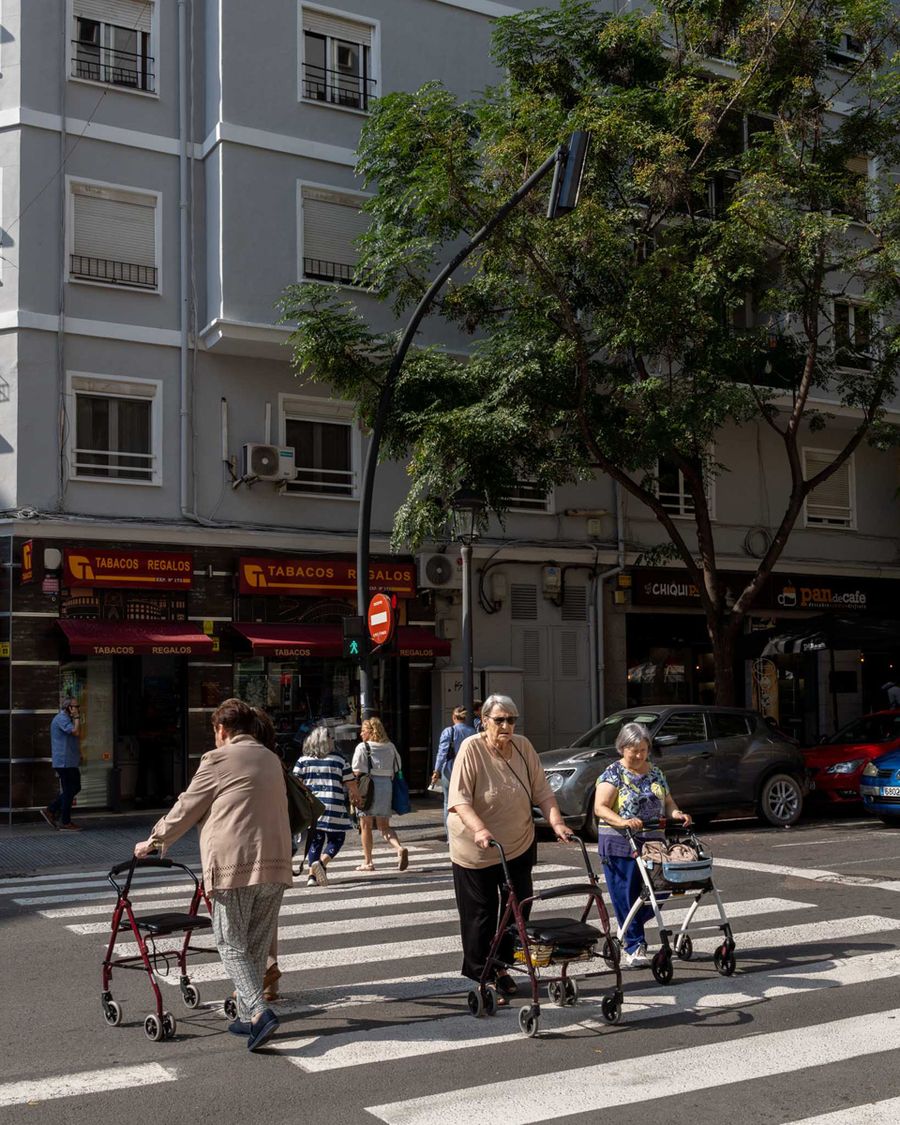Urban health equity
Health justice
Mental health access
Social care networks
Public health in cities
This subtopic addresses structural inequalities in access to healthcare services in urban settings. It proposes transforming health systems to make them accessible, affordable, culturally inclusive, and gender-sensitive, while also adapting to emerging public health challenges driven by climate change.

Strengthen healthcare infrastructure in underserved areas to ensure equitable access for all genders, with particular emphasis on reproductive health, mental health, and gender-sensitive services .
Expand digital health solutions to reach marginalized and low-income communities, especially in the context of climate-related mobility restrictions and emergencies. .
Integrate climate adaptation strategies into urban health planning by strengthening healthcare facilities, community care networks, and public wellness infrastructure as key resilience assets against extreme weather events and environmental stresses.
Post-growth urbanism
Wellbeing and care economy
Slow cities
Ecological transition
Feminist degrowth
This subtopic proposes a shift away from urban models centred on continuous economic growth towards new frameworks focused on human and environmental wellbeing. It advocates for reorienting urban development to prioritise health equity, care infrastructure, social cohesion, and climate resilience. In the context of the climate transition, promoting proximity-based services, low-carbon lifestyles, and regenerative local systems is essential to reducing emissions while strengthening community health and social justice.

Reorient urban development priorities by replacing economic growth indicators (such as GDP) with wellbeing frameworks that prioritise health equity, care infrastructure, environmental sustainability, and community resilience.
Promote compact, proximity-based urban planning models that reduce dependency on private vehicles, facilitate low-carbon mobility, and ensure that housing, healthcare services, food access, and public spaces are available within short walking or cycling distances.
Support housing and food systems that strengthen local economies, promote social cohesion, and integrate climate mitigation objectives, ensuring that urban sustainability efforts simultaneously enhance wellbeing and reduce inequalities.Support housing models and food systems that emphasize sustainability, community, and health.
Climate vulnerability & Urban heat islands
Air pollution & Clean energy access
Reproductive health & Maternal health
Heat exposure & Water scarcity
Sanitation access
Ecofeminism
This subtopic explores how pollution and climate change exacerbate health inequities in urban areas, disproportionately affecting women, girls, and marginalised communities. It promotes feminist and climate-just approaches to urban health policies, ensuring that mitigation and adaptation strategies actively reduce environmental health risks and advance gender equity within broader climate resilience efforts.

Acknowledge and address the gendered impacts of environmental health risks, ensuring that urban policies and climate adaptation plans respond to the specific vulnerabilities of women and marginalized genders.
Strengthen climate adaptation policies to protect communities from heat stress, food insecurity, and water scarcity, and sanitation challenges, with a particular focus on the most vulnerable population. .
Regulate, monitor and reduce urban pollutants – especially in air and water contaminants – that disproportionately affect reproductive, maternal, and respiratory health aligning pollution control efforts with gender and climate justice objectives.
Trauma-informed design & Psychological safety
Healing environments
Sensory-friendly
Wellness infrastructure
Emotional resilience
This subtopic focuses on strengthening spaces and infrastructures that support physical and mental wellbeing in urban settings, particularly for women, caregivers, and vulnerable groups. It advocates for recognising and enhancing local health assets — such as green spaces, community care centres, public wellness facilities, and safe mobility networks — as key components of climate adaptation strategies.

Identify and map local health assets — including parks, public spaces, care networks, and wellness infrastructures — particularly in underserved neighbourhoods, prioritising access for women, caregivers, and vulnerable communities.
Invest in the expansion and maintenance of public spaces and green infrastructure that promote physical activity, emotional resilience, and social cohesion, integrating climate adaptation features such as shading, water access, and heat-mitigation designs
Develop urban planning policies that strengthen care infrastructures (childcare centres, eldercare services, safe community hubs) as essential components of urban climate resilience strategies.
Incorporate trauma-informed design principles and mental health support services into community health assets, ensuring that urban resilience extends beyond physical infrastructure to include emotional and social wellbeing.
This project has been funded with support from the European Commission. This website reflects the views only of the authors, and the Commission cannot be held responsible for any use which may be made of the information contained therein.